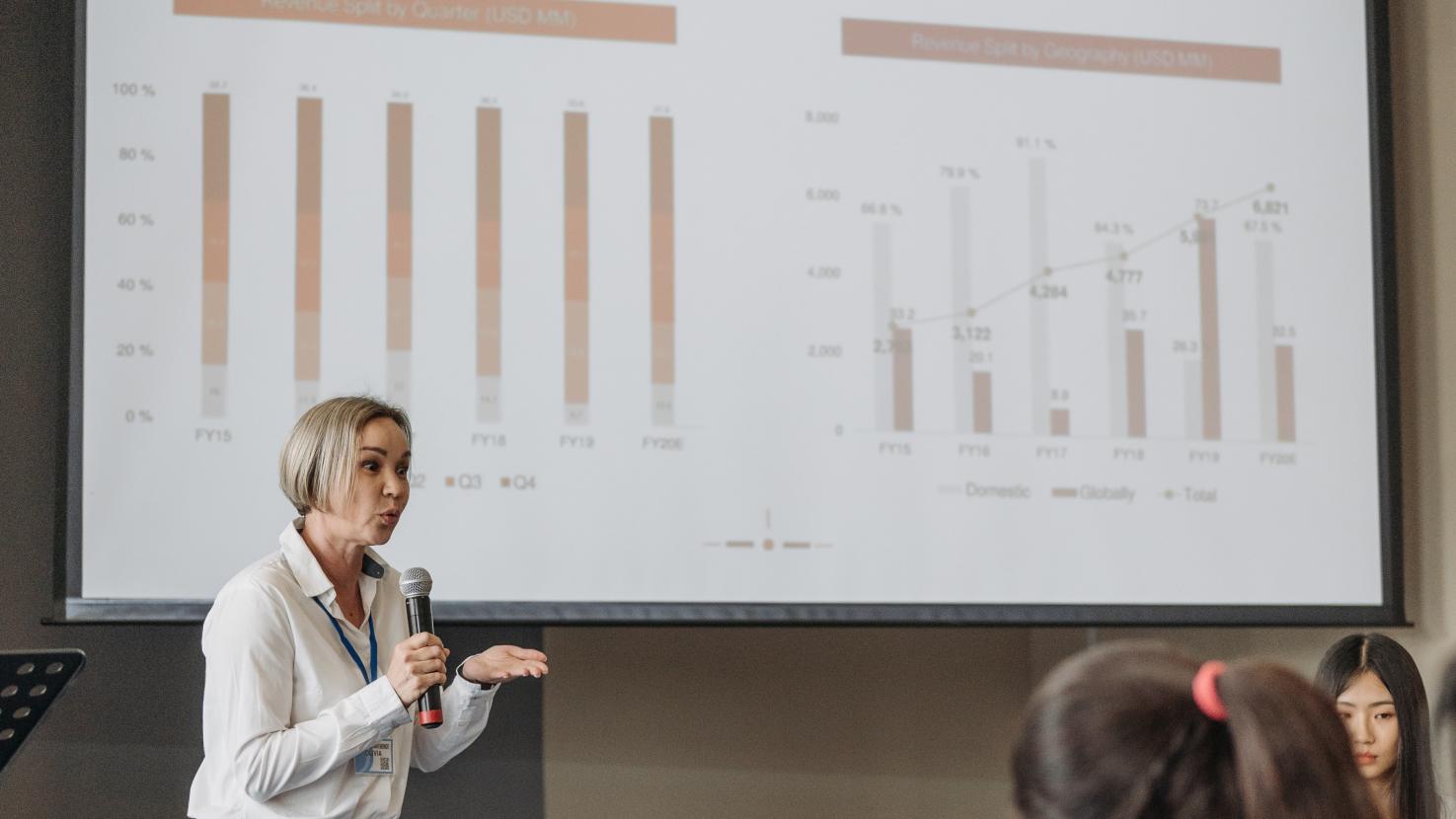
How Data Storytelling Accelerates Social Mobility


At some point in the near future, data is simply going to be a given for any job. This does not mean that everyone will need to be coding in R or doing advanced calculations and spreadsheets. But data literacy is going to be part of the package. The more that you are comfortable with data and the more that you can leverage it, the better off you’ll be.
Will data skills appreciably help to create a new middle class? Consider that every career vertical is going to need people who know how to use data and feel comfortable with it. Given the skills gap that we are suffering through today, with a dearth of people who are pursuing a data career or are looking to pursue one, data definitely can improve social mobility to elevate one’s status in the professional world.
Storytelling for social mobility
As a data leader, you probably divide the data world into technicians – data wranglers who are staging data, preparing data, and cleaning data – and those who can draw out valuable insights and tell stories.
Data storytelling is more and more what we really need, so that’s where I would advise someone to direct their skills beyond data literacy, into being able to strike the perfect balance between the data and the narrative. The more that people can begin to provide these insights and tell these data stories, the more it will drive faster economic growth. At the same time, good data storytelling will help a lot of companies to make decisions faster. So it’s a proverbial win-win.
BYO data apprenticeship
Just as apprenticeships used to generate social mobility for aspiring saddlers, silversmiths, attorneys, and milliners in Eighteenth Century England and America, data apprenticeships are springing up today to create partnerships with universities, funded by governments that want their youth to appreciate alternative career paths. Right now many of these programs are in the United Kingdom, but company-sponsored data apprenticeships like the ones offered to existing employees at companies like Amazon feel like the wave of the future.
From what I’ve seen, we need to help people hit the ground faster out of high school. Everyone may not necessarily want a traditional career that grows out of an undergraduate (and increasingly, an additional, graduate) degree, so we as a society need to rethink the way that students are often unthinkingly pushed down a university path. That kind of attitude will not narrow our skills gap.
Real-world training for the win
If you as a data leader are looking to design an apprenticeship program in your organization, I would recommend a few things:
- Accept the natural risk. Will a great apprentice up and leave after their three- or four-year program ends? Possibly. But that can happen with any employee, and the point is, you’ve probably created enough impact over those three or four years that it’s still a win-win.
- Pair tactical skills with strategic thinking. When I learned calculus and advanced math in college, there was not a lot of focus on even basic spreadsheet skills. But when you come out of college and move into an office job, you’re rarely doing derivatives and integrals. So focus on using practical tools in your apprenticeship.
- Put people on real-life projects. It’s great to come out of a program with technical advancement, but with data there’s also the immediate need to derive insights. And today, at least, you don't need a lot of data science background to do that. You need to understand trends and patterns. You need to understand more of the business end. And you need to learn by doing, which is infinitely more valuable than learning by watching (or learning by lecture). So business thinking and data thinking need to come together.
As with any training program, it’s increasing the ability to help companies make confident decisions faster where data skills become a win-win for employee and the company. So if you don’t see any good data apprenticeship programs in your area, why not launch your own?








